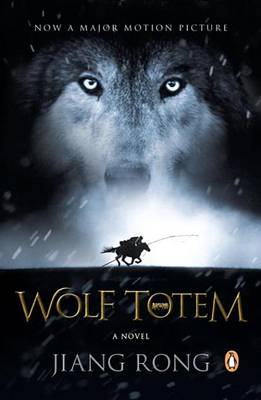Reviewed by Michael @ Knowledge Lost on
This is a semi-autobiographical novel that follows an experience that the author, Lü Jiamin (writing under the pseudonym Jiang Rong) had during the height of China’s culture revolution. This revolution was a social-political movement that took place within the People’s Republic of China between 1966 and 1976. The communist chairman Mao Zedong’s goals were to preserve the true communist ideals within China. This meant the purging of capitalism and even traditional culture.
In the height of this purge, the protagonist is exploring the folk traditions, rituals, and life on the Steppe, looking into the culture and traditions of the ethnic Mongolian nomads and the Han Chinese farmers. These traditions were at risk of being purged under Chairman Mao’s rule, allowing the author to talk about the importance of keeping ancient traditions alive.
Also within Wolf Totem there is a whole obsession Chen Zhen has with wolves. They are seen to keep nature in balance. He fears and respects the wolves but he also questions their role in nature. A connection could be made between the wolves and the Communist party but that is up to the reader to decide.
I found this book to drag on a bit too much; there is a lot of information about wolves and agriculture that seemed to just go on and on. However, Wolf Totem explored some unfamiliar cultures to me and gave me great insight into one man’s opinions about the culture revolution. I think I would have enjoyed the book a lot more if it did not drag on so much; could have purged at least a hundred pages. Having said that, I am glad I read it and I think it is worth exploring different points of view.
This review originally appeared on my blog; http://literary-exploration.com/2015/05/30/wolf-totem-by-jiang-rong/
Reading updates
- Started reading
- 17 May, 2015: Finished reading
- 17 May, 2015: Reviewed
